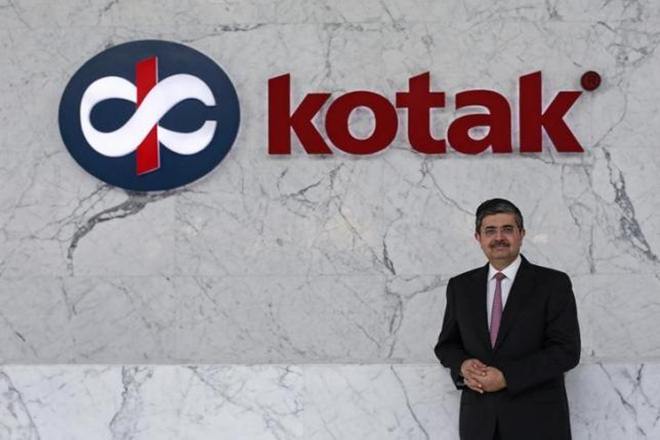Budget 2018: Amid talks of the government looking to tweak rules of capital gains tax on equity in the upcoming Union Budget 2018, top banker Uday Kotak says that the centre should look to raise the holding period for gaining tax exemption on equities to two years. “Maybe time has come to look at whether the one year period should be increased to two years. This means only after two years you would consider long term,” Uday Kotak, Executive Vice Chairman and MD of Kotak Mahindra Bank, told The Indian Express. Gains from equity holdings for short term (less than a year) are presently taxed at 15 per cent. The gains made from stock market transactions after one year are currently exempt.
The decks for roll out of LTCG tax currently 0% on equities, have been cleared since 2009, however, the previous UPA government and the current NDA government have refrained from implementing it in order to boost equity investments. However, with the rising fiscal deficit, the government may look to introduce LTCG on equities in the Budget 2018. The government was losing an estimated Rs 49,000 crore in taxes from LTCG exemption, the BSE said recently.
The top banker also had another proposal for Finance Minister Arun Jaitley in the upcoming Budget 2018– remove all exemptions and bring the corporate tax down. Uday Kotak said that if the government extends the holding period to claim exemption on gains from stock market to two years, the Dividend Distribution Tax (DDT) should be abolished. “In dividend distribution tax (DDT), I believe its double taxation. There are three levels of tax… there’s an effective tax rate of 58 per cent. You have to simplify it. If you’re bringing capital gains tax, you have to nullify this (DDT). I think this may not be a bad idea. Corporate tax should be brought down and remove all the exemptions,” he told the newspaper.
Watch Video
According to existing tax provisions which remain in force from the previous Budget 2017, a dividend distribution tax of 15% plus applicable surcharge and cess is applicable on the amount of dividend declared. The surcharge applicable on dividend distribution tax is 10% and education cess is applicable at 3%.
A KPMG report observes, “ The Indian company declaring the dividend is liable to pay dividend distribution tax (DDT) at 20.358 percent) on the dividends paid/declared/distributed. This comprises DDT of 15 percent along with a surcharge of 12 percent and education of 3 percent (inclusive of surcharge). Provisions exist to remove the cascading effect of DDT in a holding company-subsidiary relationship.”

